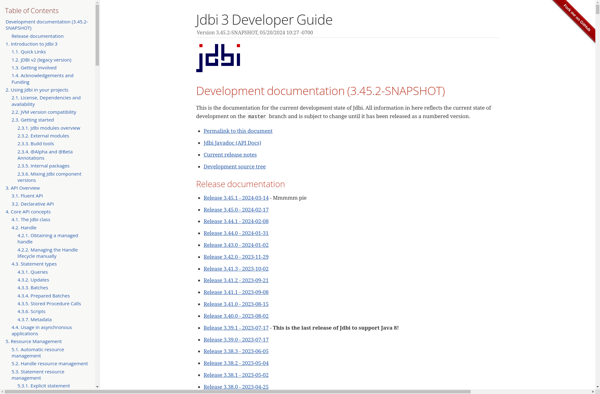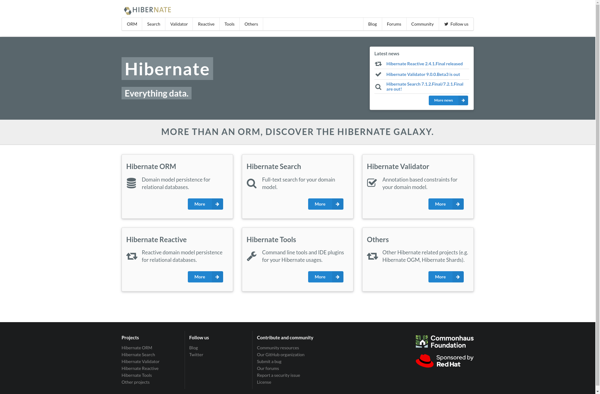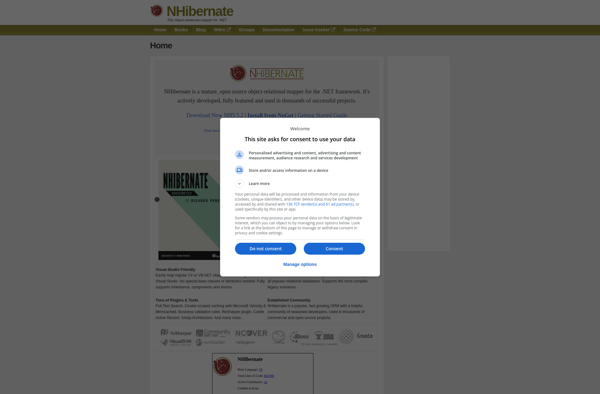JDBI

JDBI: SQL Database Access Library for Java
JDBI is a SQL database access library for Java that provides a convenient way to access JDBC databases. It reduces the need to write repetitive JDBC code and boilerplate. JDBI wraps JDBC interfaces in a higher-level API and provides an object-oriented query API similar to JPA.
What is JDBI?
JDBI is an open source SQL database access library for Java that aims to make it easier to work with SQL databases in Java applications. It provides an abstraction layer on top of JDBC that reduces the need to write repetitive low-level JDBC code and boilerplate.
Some key features and benefits of JDBI include:
- A fluent API for building SQL queries that allows SQL to be written inline with Java code
- The ability to bind parameters to SQL queries, avoiding manual setting of parameters
- Support for mapping result sets to Java objects automatically
- An object-oriented Query API similar to JPA for encapsulating queries as reusable components
- Transaction management utilities
- Integrations with multiple SQL templating languages like Freemarker, Pebble, etc. for externalizing SQL from code
- Extensions and pluggins for adding custom behavior
- Small footprint, no external dependencies besides JDBC driver
Overall, JDBI makes it much easier and concise to interact with SQL databases from Java applications. It reduces verbosity and allows developers to be more productive when building applications that use databases.
JDBI Features
Features
- Fluent API for executing SQL queries
- Built-in support for positional, named, and bean property arguments
- SQL statement caching
- Automatic resource management
- DB migration tool
- Data access object support
Pricing
- Open Source
Pros
Cons
Official Links
Reviews & Ratings
Login to ReviewThe Best JDBI Alternatives
Top Development and Database Access and other similar apps like JDBI
Here are some alternatives to JDBI:
Suggest an alternative ❐Hibernate

Fénix Framework

NHibernate .NET
